Valerie's partner Peter Garlett was due to have come home from prison by now.
But he hasn't. And he's now facing the risk of indefinite detention.
She doesn't know how to explain it to their three-year-old daughter Amaya.
"Bubba doesn't really know what's going on," Valerie explains.
"She knows her dad is in jail. I did tell her that he was going to be home for Christmas, but unfortunately, he won't be."
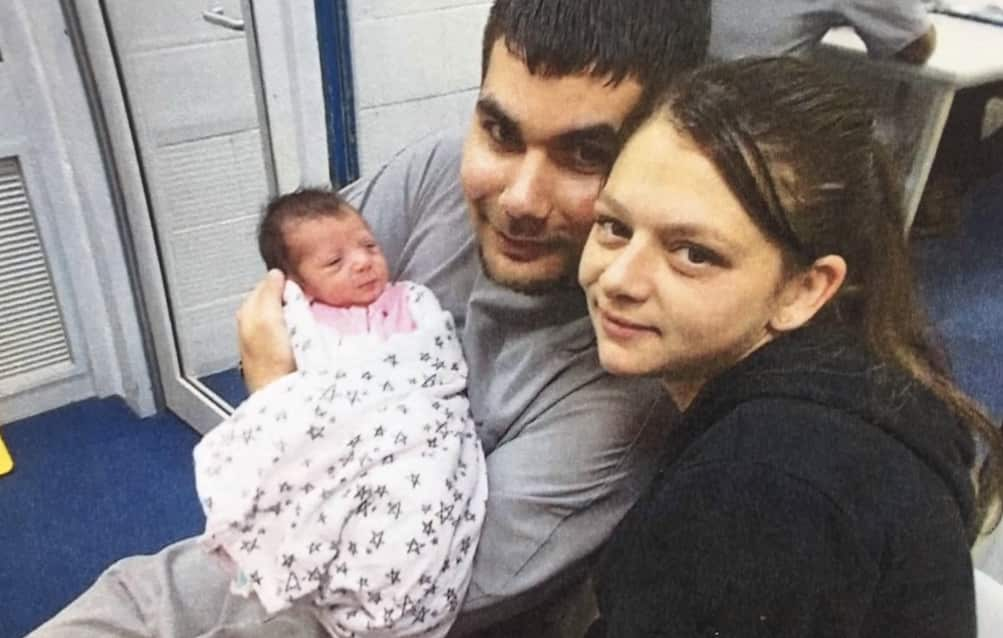
The 27-year-old Noongar man has become entangled in harsh new laws in WA.
The High-Risk Serious Offenders Act was introduced in June last year and allows courts to make orders to keep "the state's most violent criminals" in prison beyond their sentence.
At the time, Attorney General John Quigley said it would give the Supreme Court the power to order the continuing detention or supervision of an offender who continues to pose an unacceptable risk to the community.
Mr Quigley declined NITV's request for an interview to discuss the impact of the laws.
But advocates say the bar is too low, sweeping up many First Nations prisoners in the process.
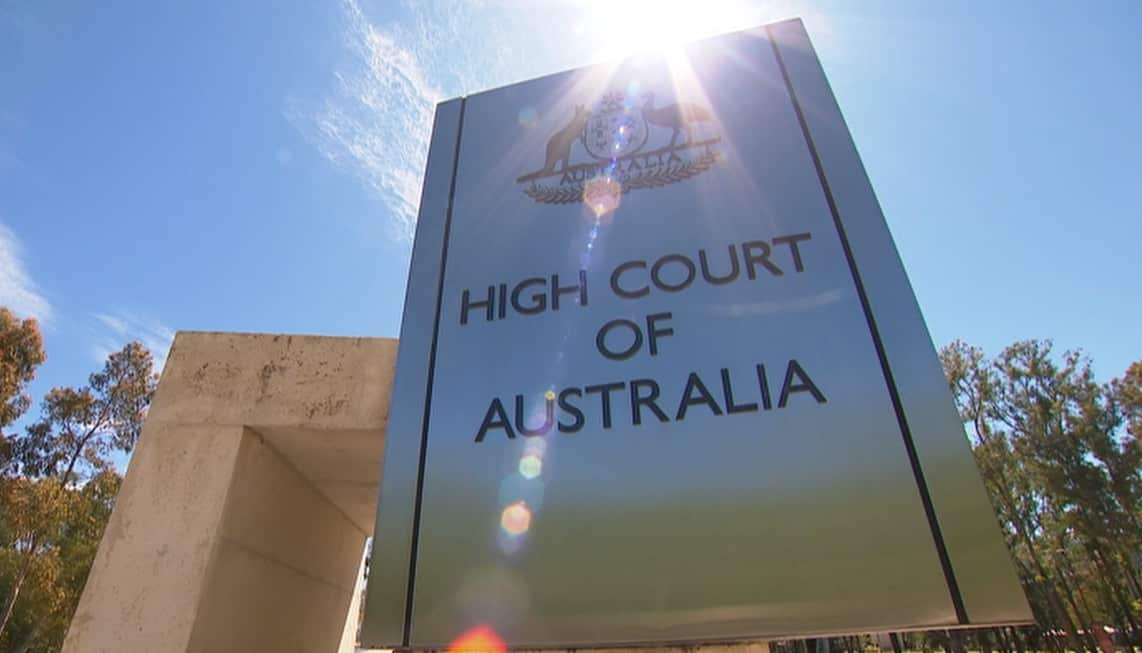
High Court challenge
Human rights advocate Dr Hannah McGlade is working on a legal challenge to the laws to be mounted in the High Court, based on Peter Garlett's case.
Garlett was high on meth when he broke into a house in Perth's inner suburbs in 2017, pretending to be armed with a gun, and stole $20 and a necklace.
He has served his three-and-a-half-year sentence for aggravated home burglary.
"Peter is not the most violent, worst offender by any means and it's shocking that he's been placed under this Act," Dr McGlade says.
"It's a fundamental aspect of the justice system that a person is punished for the crime that they committed and then is released.
"If they're incarcerated, to just keep people in prison, through these orders, with no release date, is absolutely horrendous."
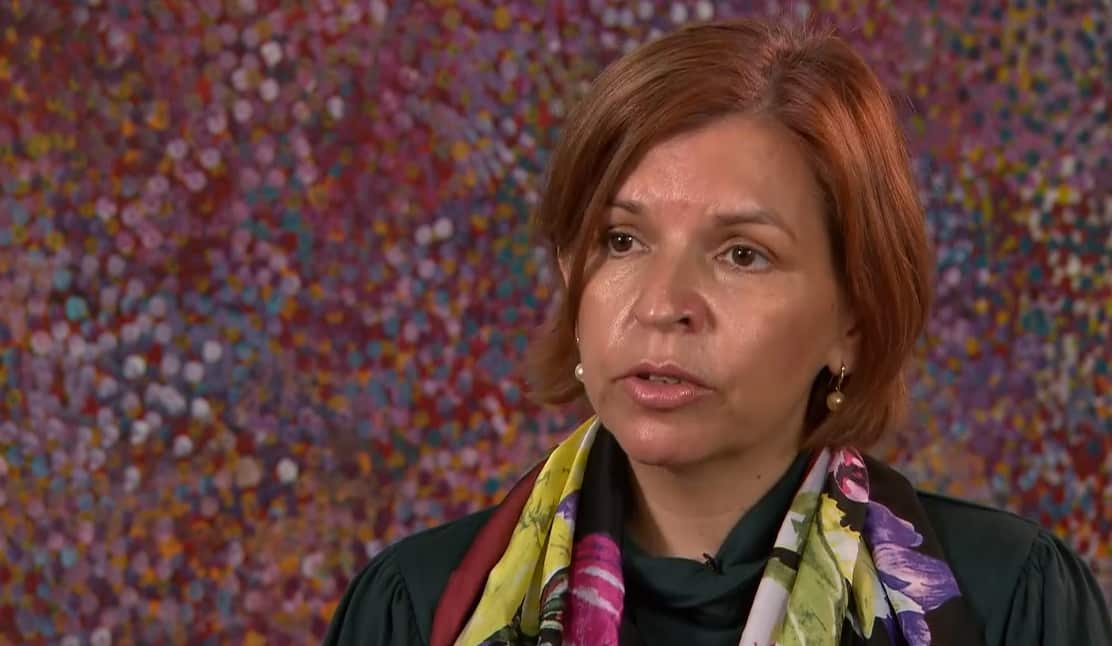
Dr McGlade, a Noongar woman and Associate Professor at Curtin University, believes the laws are unconstitutional and in breach of the Racial Discrimination Act.
Roe Legal Services will seek leave to challenge the validity of the laws in the High Court.
"Although the law doesn't say we're coming after you Aboriginal people, the effect is just that," she says.
"And that's not allowed in Australia - the Race Discrimination Act, was enacted to prohibit all forms of racial discrimination."
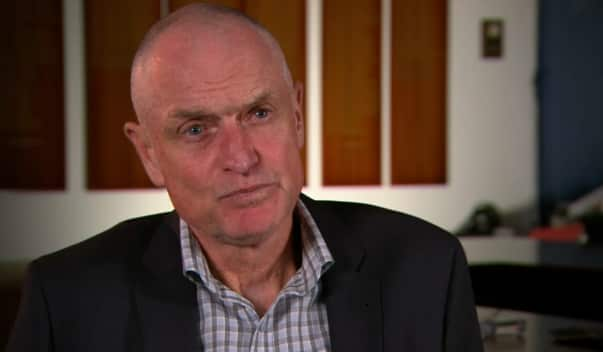
Aboriginal Legal Service warned against laws
The Aboriginal Legal Service WA describes the law and its impact as "diabolical".
"It's really a retrograde law, which is really an exercise in garnering electoral support," says Peter Collins, the ALS' director of legal services.
He says the ALS warned the government about the impact of the law before it was introduced, during consultations.
"We told them it was a bad law for starters - they were on notice from us that we didn't agree with the legislation in principle," Mr Collins says.
"There's no doubt that this will contribute to the over-representation of Aboriginal people in jails in Western Australia - we're the worst-performing state on that level in the country and have been for a long time."
He called on the government to invest in justice reinvestment, to keep Aboriginal and Torres Strait Islander people coming in contact with the justice system and going to jail in the first place.
"For a state which has those very high levels of Aboriginal involvement in the justice system, Aboriginal sentencing courts should be a no-brainer," he says.
"They should have been in existence for years and years. They should be provided for by legislation, and they should be properly resourced."
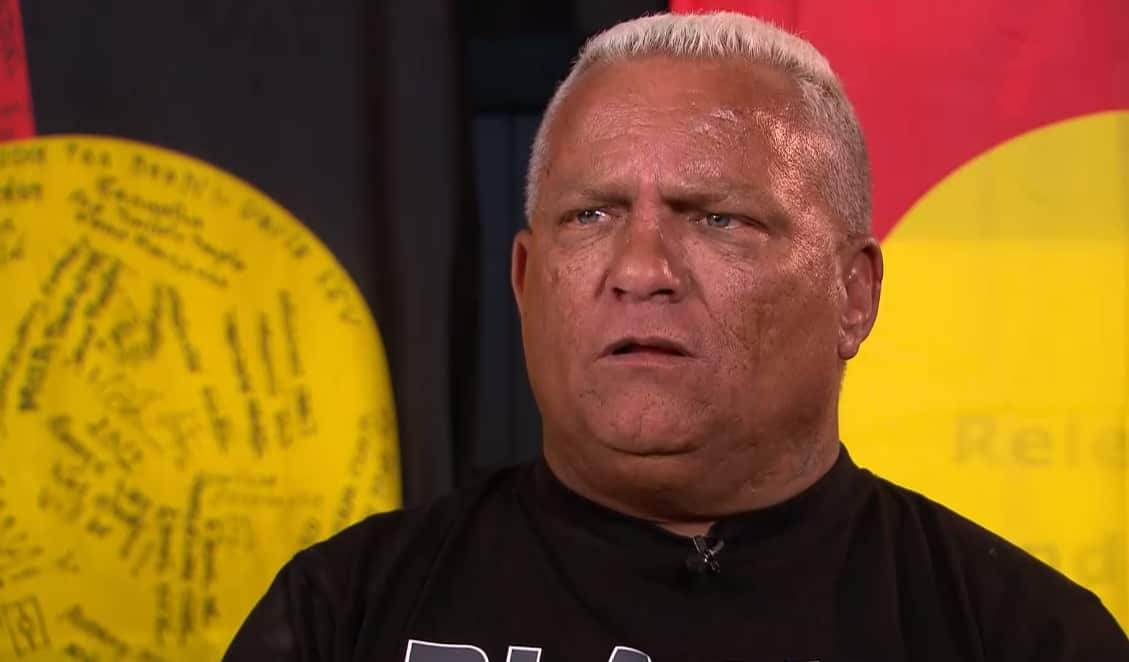
"It dropped out of the sky"
Advocate Mervyn Eades, who runs Ngalla Maya Aboriginal Corporation, says he hadn't heard of the new laws until a prisoner he knows had been saddled with a list of 30 restrictions after finishing his sentence - in a five-year supervision order, including a curfew and an electronic monitoring ankle bracelet.
"It dropped out of the sky," he says of the laws.
"I had no idea - never heard of it."
He says it is having a devastating effect on First Nations prisoners.
"They're notified a couple of weeks before their full time is up, before they've meant to go home," Mr Eades says.
"That date's been in their mind, in their heart, for a long time and they're notified of this here, a law that says to them that they can keep you indefinitely.
"My greatest fear in that is we will see suicides and deaths."
For more on this story, tune in to NITV's flagship current affairs program The Point, Tuesday 7.30pm, on NITV, or later on SBS or SBS On Demand.

